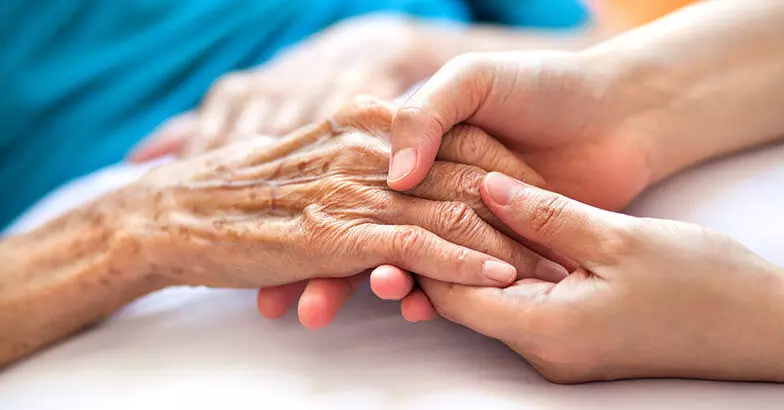346 million seniors in India by 2050: Urgent policy framework on elderly needs required
The present Indian population is relatively young, with the average age being 28.4 years, making it one of the countries with a low average age
By Neelambaran A
Representational Image.
Hyderabad: The elderly population in India, aged above 60 years, is expected to reach 346 million by 2050. This population will account for 17 per cent of the elderly population across the globe, calling for undertaking preparations for special care facilities for the elderly.
People in this category need psychological and medical facilities, including care centres for physiotherapy, counselling, nursing and daily needs. The need for policy intervention and budgetary allocations by the respective governments becomes essential to satisfy the needs of the elderly.
Experts suggest the establishment of daily care homes and awareness about availability, dedicated play and walking areas, appraising children about behaving with elderly people and regular vaccination schedules, among others.
Increasing needs of the geriatric population
The present Indian population is relatively young, with the average age being 28.4 years, making it one of the countries with a low average age. However, the elderly population is growing and is expected to more than double from 153 million to 346 million by 2050.
“In the last decade or so, the facilities for the geriatric population have seen a slight improvement. Some years ago, we used to name the care centres as orphanages, and now, ‘homes for elderly’ are being set up,” Dr Srikrishna R Boddu, consultant physician, Kamineni Hospitals at LB Nagar here said.
The primary and essential care for the elderly population includes physiotherapy, nursing and other daily needs.
Challenges facing the elderly
The geriatric population is at risk of developing systemic and pathological issues, resulting in diseases including clotting and vascular problems. The occurrence is high among those with comorbidities due to sedentary lifestyle, eating habits and obesity.
“With advancements in medical technologies, the age of requirements for special needs has increased from 60 to 65 or 70 years. Those with comorbidities may require care sooner,” Dr Srikrishna said.
A major challenge affecting the elderly are loneliness, dementia and anxiety, which could lead to fall incidents resulting in fractures to bones and other physical harms.
“A complete medical evaluation, taking care for the rest of the lives are important and this is slowly gaining prominence. For this to be achieved, the pension and insurance schemes implemented by the governments are not sufficient,” Dr Srikrishna added.
Need for awareness among young and old
With growing needs for the elderly, awareness about problems and the need for long-term solutions have gained prominence among all age groups.
“There is no awareness about the existence of care homes even among those who are in need of the facilities. The advancements in rehabilitation machines and equipment should be properly made use of,” Dr Srikrishna said.
Checking for non-communicable diseases including cancer is essential to save lives and ensure the mental and physical well-being of the elderly population.
“Ensuring administration of adult vaccinations in time and as per schedule, teaching children how to behave with elders, and allocating dedicated walking and playing areas are other measures required to be implemented,” Dr Srikrishna added.
The role of the concerned governments in framing a policy to address the concerns and challenges of the elderly population remains crucial, even as few private organisations have started investing in establishing such facilities.